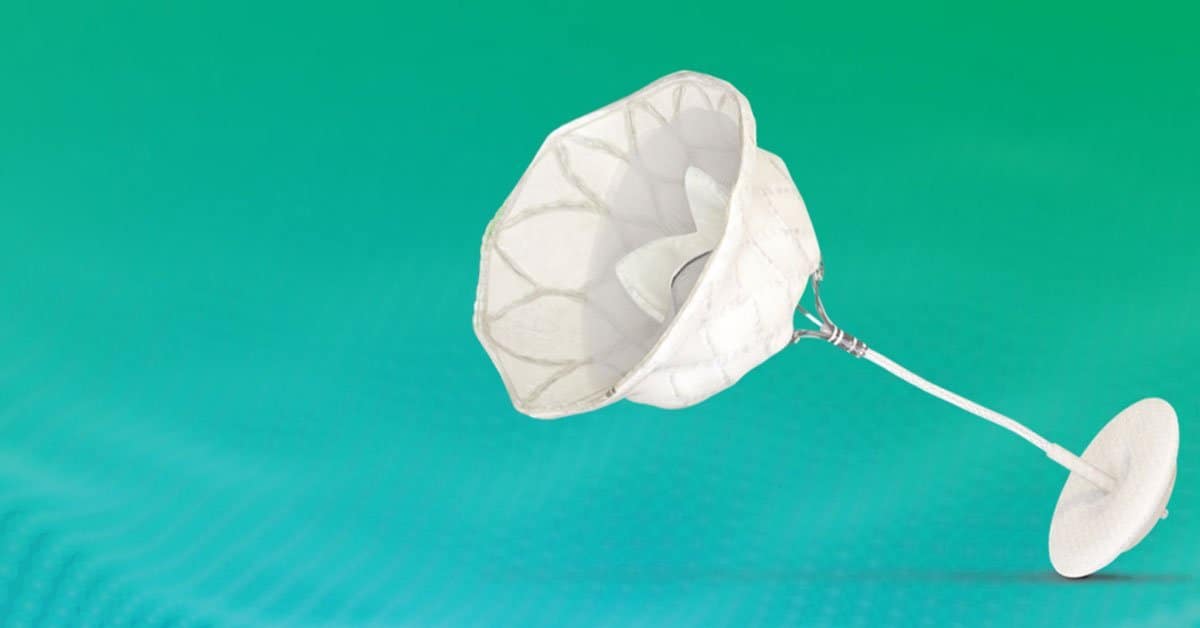Late-breaking results from the VANISH2 trial presented at AHA 2024 showed that catheter ablation might be a better first-line treatment than antiarrhythmic drugs for ventricular tachycardia patients with ischemic cardiomyopathy.
- Previous research has shown that if antiarrhythmic drugs aren’t working for VT, those patients should receive ablation rather than more aggressive drug therapy.
- However, it’s unproven whether catheter ablation is more effective than antiarrhythmics as a first-line treatment.
To address this uncertainty, the VANISH2 trial recruited 416 patients with clinically significant VT, ischemic cardiomyopathy, previous MI, and an ICD, randomizing them to receive either ablation or antiarrhythmic drugs (sotalol and amiodarone).
Over a median of 4.3 years, ablation led to a lower risk of the study’s composite primary endpoint of death, VT storm, ICD shock, and unsuccessful treatment (50.7% vs. 60.6%), with ablation showing advantages across all metrics…
- Death – 22% ablation vs. 25% drug
- VT storm – 22% vs. 23.5%
- ICD shock – 30% vs. 38%
- Treated VT below rate cutoff – 4% vs. 16%.
Ablation patients also experienced far lower rates of nonfatal adverse events within 30 days of treatment (11.3% vs. 21.6%), although treatment-related mortality was higher for the ablation group (1% vs. 0.5%; 2 vs. 1 patients).
Despite its strong design, VANISH2 had some caveats regarding its size, locations, and patient population.
- Ablation showed the greatest benefits among sotalol-eligible patients, who tended to be healthier, potentially skewing the overall results.
- The study enrolled a disproportionately low number of women, likely due to women experiencing heart attacks later in life than men.
- VANISH2 was held in 22 expert hospitals, likely increasing ablation success rates compared to if hospitals with less ablation experience were also included.
The Takeaway
Ablation has traditionally been a backup plan for treating VT when antiarrhythmic drugs fail, but VANISH2 could help shift this approach after demonstrating that ablation is just as effective as antiarrhythmics as a first-line VT treatment (if not more effective) – and it’s often permanent.





